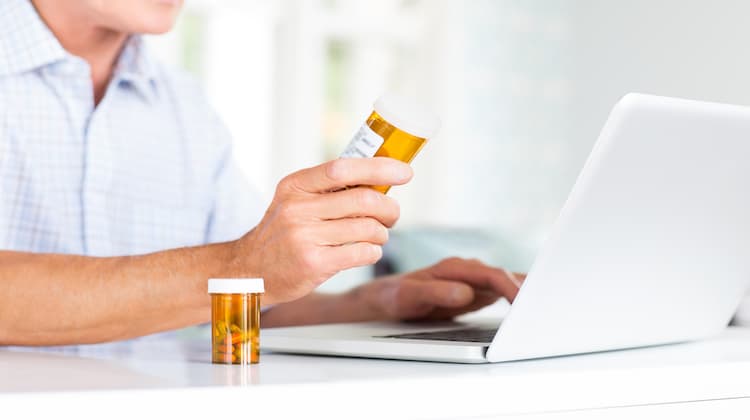Medication Therapy Management (MTM) is a range of services provided to a patient in order to optimize therapeutic outcomes. MTM helps a patient get the most benefit from his/her medications while detecting and preventing costly medication problems. Problems may include medications not being used correctly, duplication of medications, unnecessary medications, and the need for medication(s) for an untreated or inappropriately managed condition. Provided by pharmacists or medication therapy experts, MTM includes:
- A review of all medications prescribed by all prescribers providing care to the patient, and any OTC and herbal products the patient may be taking to identify and address medication problems
- In-depth, medication-related education, consultation, and advice provided to patients, family and/or caregivers to help assure proper use of medications
- Collaboration with the patient, physician, and other health care providers to develop and achieve optimal goals of medication therapy
MTM focuseson ongoing management of the patient’s entire medication regimen; it is not prescription dispensing nor disease management.
- Prescription dispensing focuses on providing the right drug to the right patient with basic information on how to use the medication. As part of the dispensing process, an offer to provide counseling or education on the specific product is made to the patient.
- Disease management is a set of activities which provides the patient with education and tools to manage his/her disease(s) and includes interventions (e.g., additional medical treatments) and lifestyle modifications (e.g., diet, exercise) which improve the overall management of the specific disease. The focus on medications within disease management programs is limited to those medications specifically used to treat the patient’s disease rather than the patient’s entire medication regimen.
Virtual care technology can play an impactful role in MTM services by allowing patients to remain comfortably at home – and with easy access to all of their prescribed medications and OTC medications while the pharmacist reviews their entire medication regimen. Ashley Coleman, PharmD, director of OSU’s Medication Management Program, shared the following with Pharmacy Today: “We are able to look into a patient’s entire medication cabinet, much like a home visit. We can then answer patients’ questions and identify any concerns with their medication list.”
Instead of providing MTM telephonically, pharmacists can use HIPAA-compliant video conferencing, text messaging, and email to deliver MTM services which guide the optimal use of medications and drive value by improving quality of patient care and outcomes, decreasing health care costs (e.g., physician visits, ER visits, readmissions), and reducing medication-related adverse events (e.g., improved patient safety). A virtual care MTM program can encompass several components including:
- Establishment of an individualized care plan that includes medication-related goals
- Documentation of barriers to adherence and recommendations to overcome said barriers
- One-on-one coaching sessions with the patient
- Interventions for patients who have not yet picked up refilled prescriptions or who may need a refill
Efforts to improve medication adherence across a population are also critical to the success of HEDIS and Five-Star initiatives. The impact of non-adherence has extensive implications on a plan’s costs and utilization metrics; medication non-adherence is proven to cause poor clinical outcomes, which then increases the use of expensive and potentially avoidable healthcare services. A review in the Annals of Internal MedicineStudies highlighted that 20% to 30% of medication prescriptions are never filled and that approximately 50% of medications for chronic disease are not taken as prescribed. Nonadherence causes nearly 125,000 deaths and 10% of hospitalizations, costing the US healthcare system between $100–$289 billion annually. Given the impact in financial and clinical measures, acritical component of a virtual care MTM program is engagement and education; patients will be encouraged to practice self-care and be more knowledgeable and responsible for their health and medication use. MTM services facilitate a more effective partnership among patients, their pharmacists, physicians, and other health care providers to achieve optimum medication therapy results.

